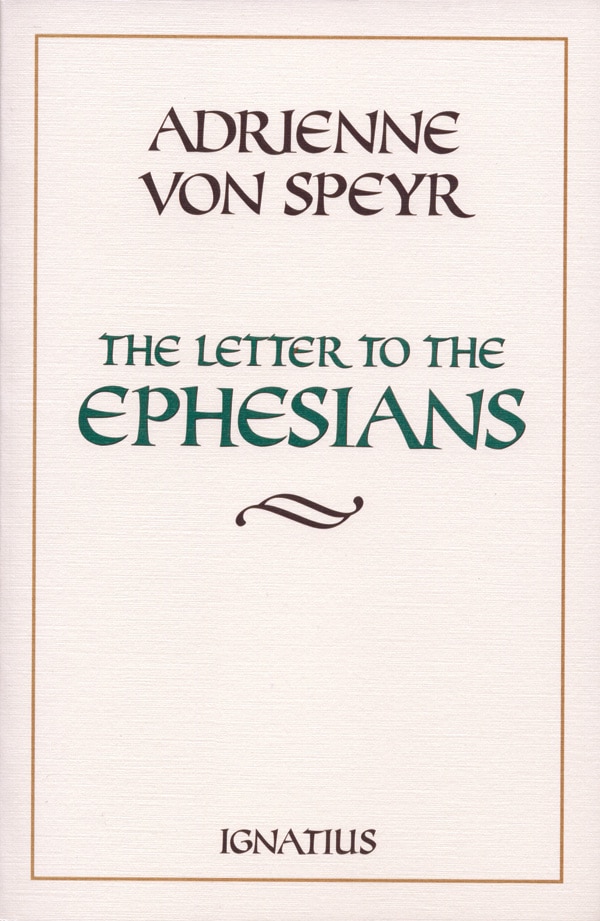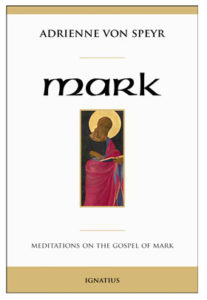Podcast: Play in new window | Download (Duration: 12:02 — 8.3MB) | Embed
Subscribe: Android | Email | RSS
The Lord Sees Only Two Kingdoms
“You are of your father the devil, and your will is to do your father’s desires” (Jn 8:44a). After this word of the Lord, it becomes clear that there never exists a midpoint and an equilibrium for the person between God and the devil. The person thought previously that he possessed a zone of freedom between God and the devil and that he could turn freely in this sphere to one side or to the other and make his decision. But now it becomes clear that this neutral zone does not exist but, rather, that the influence of God extends to all that is good in the world and in man, while the devil’s sphere of influence extends to the least presence of evil in the world and in man. The Lord sees only two Kingdoms: the Kingdom of light, which belongs to his Father, and the Kingdom of darkness, where the devil rules. He does not spare the person by covering up this either / or. Still less, however, does he wish to deny the freedom and responsibility that men have; rather, he merely shows them that they have only the choice between God and the devil, and they are always from the very outset in the power of the one or of the other. The Jews who speak with him have handed themselves over to evil from the start, and to this extent their freedom, of which they speak, is an illusion. Nor can they themselves free themselves from this servitude; they could do this only by taking hold of the love of the Son that is offered to them. But they do not want to listen to him.
The Lord does not in the least mean that our Christian life is lived in a continuous confrontation with an either / or or that we should see the devil and make him appear everywhere, in the slightest imperfections and in our daily sins or in those of our neighbor and of the community. This apparently radically supernatural standpoint would very soon lead us to set ourselves, instead of God, in the center once more: we would picture ourselves as heroes, in our spiritual struggle against Satan, instead of simply turning to God away from evil, entrusting ourselves to his light and opening ourselves to him. This is why we may and should often practice forbearance in relation to others and even in relation to ourselves, excusing and overlooking failings and drawing attention to the fundamental orientation of the Christian life, wishing to see only the good.
John, vol. II (Jn 8:44)
Sense for the Devil’s Atmosphere 
The community Paul addresses [at Ephesus] already formed before its conversion a group of men, a sort of communion. But they carried out their sins not only by free decision, they also let themselves be propelled by the drift of the age; they did what others did too. The accepted thing, the thing nearest at hand was to walk in sin, because, thanks to the work of the prince of the power of the air (Eph 2:2b), sin was, so to say, in the air. It was like an infection. They followed this prince without noticing who he was. Of course, they did not think they were doing good when they sinned; but a concept of sin had not yet formed in them. It is as if they had had no grounds for resistance because their capacity of discernment was not yet developed. The prince of the power of the air is a human representation and description of the invisible working of the devil; just as in past times, when pathogenic agents had not yet been discovered, people spoke of miasmas, of “exhalations” of the earth or air, which supposedly spread epidemics. And the image is suitable. There is something like a pollution of the atmosphere by the devil, a process the sinner does not perceive but to which saints, on the other hand, can be very sensitive. Many of them managed to withstand the corrupt air of humanity only with effort; many fainted on account of the stench of sin. Of the sin of a determinate man, but also of the sinfulness of a place, of a dwelling, of a city. […]
When the natural man is particularly fine-tuned, he may possess a sort of preliminary level of this discernment: a feeling for what is in the air; when it is explicitly developed it can be termed medial. Yet Christian discernment of the spirits is not a sort of mere intensification of such a capacity but a gift that comes from above, from God […] even though it is not out of the question for the two things, natural feeling and the gift of discernment, to meet in a certain middle zone in one man […] The sinner is simply pulled along by the atmospheric devil. He does not possess the faculty of differentiation, the sensorium for evil is blunted in him; he is like the man who lives in closed rooms and no longer notices the bad air. And thus one will say that an express ethical feeling for good and evil does not occur even in the non-Christian without a certain participation in the Christian gift of discernment. In both forms of perception, however, in the natural and in the supernatural, it is obvious that God wanted to implant much more delicacy of feeling in human nature than for the most part it possesses after the fall.
Ephesians, pp. 64ff
Satan as Consummate Evil vis-à-vis Man
“And if Satan has risen up against himself and is divided, he cannot stand, but is coming to an end” (Mk 3:26). Let us try to imagine what it would be like if Satan were divided against himself. For us, Satan embodies pure, concentrated evil, in unsurpassable measure. If he were divided against himself, the evil in the devil would no longer be one with evil as such… But it is unimaginable that the greater evil in the devil has risen up against the lesser evil in him, because here, there is no lesser evil, since the devil embodies pure evil. He would cancel himself out…
But how is it with men? A man is not a devil; he has divine and diabolical within him. He knows what it is to be in a constant state of tug-of-war between good and evil, between the Holy Spirit and the unclean spirit, righteous action and sin. For ever since original sin, man is no longer a unity. Properly speaking, he is a battleground in which unity has not yet been established. This unity was lost the moment he contradicted God and let evil in, when the pure good that God had intended for him was broken up by the intrusion of evil. Let us contemplate our lives for a while from this perspective. We will find that our deeds, which often appear good to ourselves, are, when contemplated on a deeper level, based on ambiguous motives: a mixture of love and selfishness, good and evil.
Through the Lord, we have the great trust that the good in us, the Lord in us, is able to prevail. If we freely grant him room in our souls, he will take the rest upon himself. He works in us, even where we would like to contradict; he stands firm and takes up the struggle on our side—the side we agreed upon with him—against that which is of the devil. This is our great Christian hope: that the Lord will direct this struggle in each of us according to his will, with his mighty power and our weak support.
Mark, meditation #76
Christian Life as Battle
The life of the Christian is destined to be a battle, in which there can be victories and defeats. But the victories do not count, because they are attributed to the Lord’s grace, and the defeats do not count either, because he reverses and makes them good. The only thing that counts is the will to fight in the spirit of the Lord. This battle begins in each individual life, and, if earnestly fought, it leads imperceptibly into greater things: into the battle for the Lord in the world.
John, vol. III (Jn 17:15)

